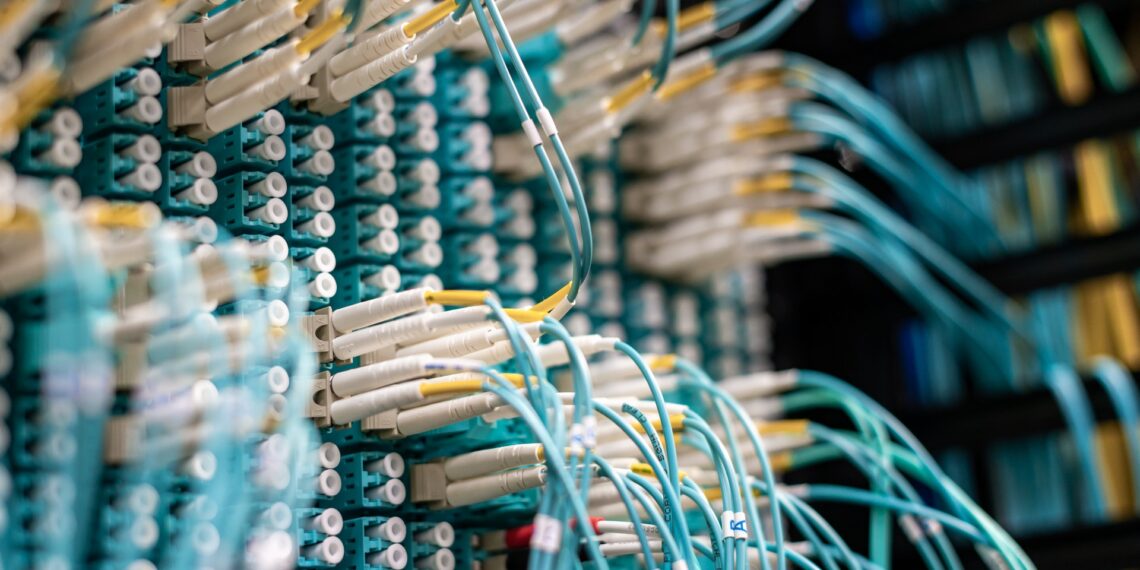Broadband penetration in Nigeria has dropped to 41.56% as of September, according to the latest data from the Nigerian Communications Commission (NCC).
This decline comes as the nation intensifies efforts to achieve a target of 70% broadband access through the implementation of the National Broadband Plan (NBP) 2020-2025.
The number of Nigerians with access to high-speed internet has decreased from 94.3 million in March to 90.1 million by September.
This reduction is particularly notable given that, when the NBP was launched in March 2020, broadband penetration stood at 39.85% with around 75.4 million Nigerians connected to broadband services.
Several challenges continue to impede broadband access in the country, including inadequate infrastructure and the high cost of Right of Way fees. Additionally, the recent decline in broadband subscriptions is linked to the National Identification Number (NIN) verification exercise mandated by the telecom regulator.
The four major mobile network operators—MTN, Airtel, Globacom, and 9mobile—lost approximately 64.3 million subscriptions due to this verification requirement. By the end of September, these operators had a total of 154.6 million active subscriptions, down from 219 million in March.
READ ALSO: NCC to showcase telecom leadership at World Broadband Congress, experts predict global impact
According to the NBP’s timeline, Nigeria was expected to reach a broadband penetration rate of 50% by the end of 2023. However, penetration figures fell short, standing at just 43.71% at year-end before further declining to 41.56% in September.
The plan recognizes the high cost of smartphones as a barrier to broadband access. It aims to establish at least one local smartphone assembly plant by 2023 to help reduce the price of entry-level smartphones to around N18,000. Currently, there are no such facilities, and the prices of smartphones have surged due to Naira devaluation, with the cheapest models now exceeding N100,000.
Moreover, one of the key milestones outlined in the NBP is that 70% of telecom subscriptions should be on 4G networks by 2023.
However, data from the NCC indicates that as of March 2024, only 44.96% of the 154.6 million active mobile subscriptions were on 4G, with a concerning 43.53% still relying on the older 2G networks as of September.
In an effort to meet its ambitious targets by 2025, the Ministry of Communications, Innovation, and Digital Economy has initiated several projects aimed at improving connectivity across Nigeria.
One such initiative is Project 774 LG Connectivity, designed to provide internet access to all 774 Local Government secretariats throughout the country.
Additionally, the government plans to establish a Special Purpose Vehicle (SPV) to deliver an extra 90,000 kilometers of fiber optic cable, enhancing existing infrastructure for universal internet access.
According to Communications Minister Dr. Bosun Tijani, this initiative aims to collaborate with partners from both the government and private sectors to expand Nigeria’s connectivity backbone to a minimum of 125,000 kilometers, up from the current coverage of approximately 35,000 kilometers.

 Football5 days ago
Football5 days ago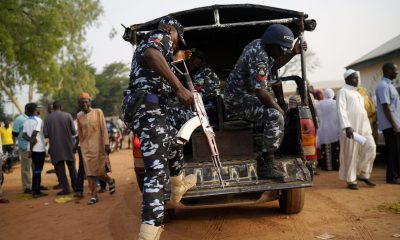
 Crime1 week ago
Crime1 week ago
 News4 days ago
News4 days ago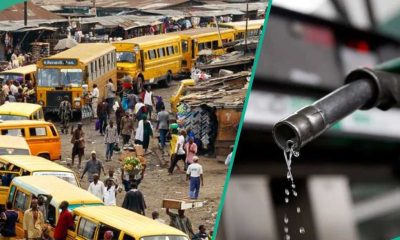
 Business6 days ago
Business6 days ago
 Football6 days ago
Football6 days ago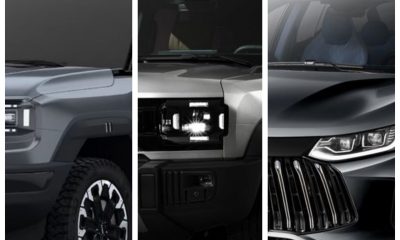
 Business6 days ago
Business6 days ago
 Latest5 days ago
Latest5 days ago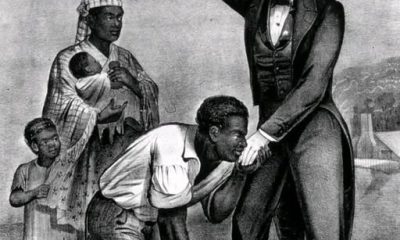
 Comments and Issues5 days ago
Comments and Issues5 days ago
